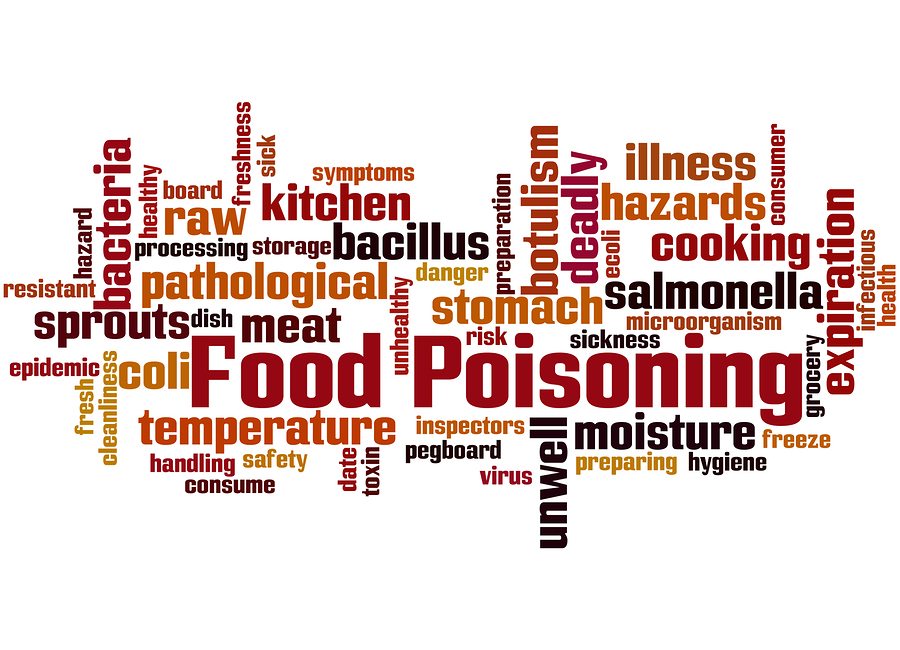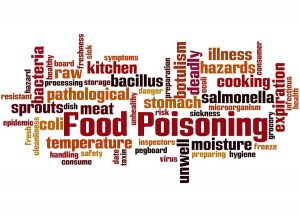
Are Seniors More Vulnerable to Foodborne Illness or Infection?

The Centers for Disease Control and Prevention estimate that nearly 49 million people throughout the United States each year suffer from some form of foodborne illness or infection. Nearly 130,000 end up having to be hospitalized to receive treatment for their illness, and around 3,000 die. It is an unfortunate reality that a large percentage of the people included in these statistics are older. As a family caregiver it is important that you understand why your elderly adult may be at greater risk of developing foodborne illness or infection, and of suffering potentially serious consequences as a result of it. This knowledge can help you to better protect them from such infections, and give them the care that they will need to overcome the illness and minimize the negative effects.
Some of the reasons why seniors are more vulnerable to foodborne illnesses and infection include:
- Elderly adults have immune systems that are not as highly functioning as those of younger people, making it more difficult for their bodies to resist and fight off infection.
- Elderly adults are more likely to suffer from health complications and issues that further weaken their immune system and make them vulnerable to infection.
- Immobility is common among elderly adults and weakens the body, further heightening the chances of illness.
- The digestive system of an older adult has gone through extensive changes throughout the aging process, making it so that food tends to remain in the system for longer, giving it more opportunity to grow bacteria and for that bacteria to thrive.
- Seniors tend to have had extensive exposure to antibiotics, antacids, and other such medications throughout their life, which hampers the body’s ability to fight off the infections that they might develop.
- Elderly adults are more likely to suffer from cognitive functioning decline or memory loss, or functional issues such as decreased sense of smell that can cause them to make potentially dangerous decisions such as eating food that is expired.
If you have been looking for ways that you can boost your parent’s quality of life, starting elderly care can be an exceptional choice. As a family caregiver you want to know that your parent is getting everything that they need to stay healthy, safe, comfortable, and happy as they age in place. A busy schedule, personal limitations and challenges, and even living at a distance can create care gaps that keep you from being able to give your senior the level of care that you feel that they deserve. An elderly home care services provider can step in to fill these care gaps in efficient, effective, and nurturing ways that are right for your elderly parent as an individual. These highly personalized services are specifically designed not just to address their personal needs, but also to encourage them to live a lifestyle that is independent, active, and fulfilling throughout their later years. This can include helping them to make good lifestyle choices, addressing personal challenges in a way that helps them to stay safer and healthier, and planning activities and outings that will stimulate their mind, support their mental and emotional health, and encourage engagement in the world around them.
If you or an aging loved one are considering hiring elderly care in Robbinsville, NJ or the surrounding areas, please call Independence Home Care today at 609-208-1111 for more information.
Sources
https://www.foodsafety.gov/risk/olderadults/index.html
http://www.pewtrusts.org/~/media/assets/2014/11/seniorcitizensfoodbornediseases.pdf
https://www.cdc.gov/foodborneburden/index.html
https://www.cdc.gov/foodsafety/foodborne-germs.html

